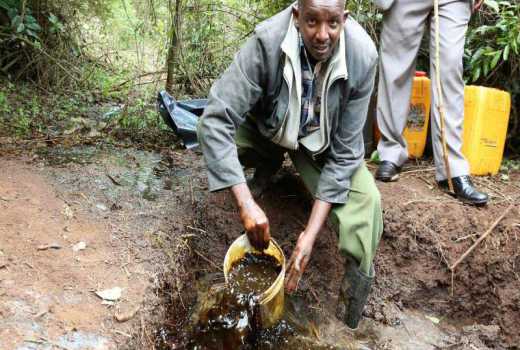
Much has been said and done concerning the alcohol epidemic in Kenya, especially the widespread use and abuse of illicit brews. While many of us turn a blind eye to the problem, we neglect the fact that this is a menace that has the capacity to destroy our economic and social stability.
Alcohol abuse is primarily an illness, much as many of us may not view it as such. The consumption of illicit brews leads to addiction and is therefore a disease. Research by World Health Organisation (2017) indicated that the disease affects the gastro-intestinal system, central nervous system, cardiovascular system, the reproductive system and the skin. In addition, there is an increased likelihood of suffering from mental disorders. More fatally, alcohol abuse drastically reduces life expectancy and as the study revealed, the death rate among alcoholics is 2.5 times higher than normal.